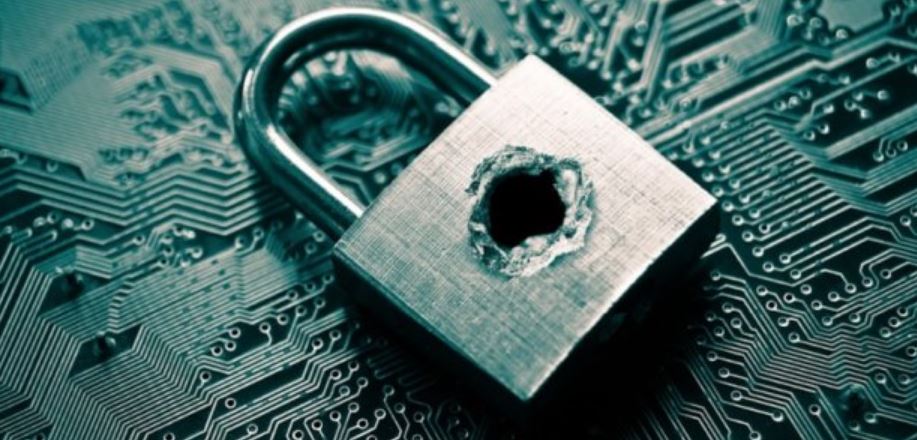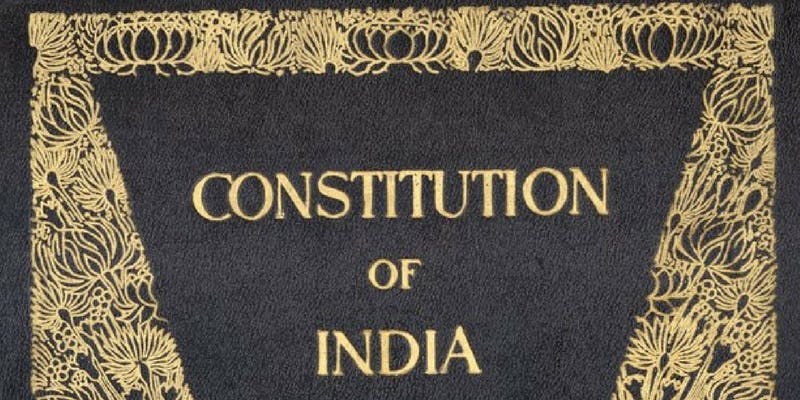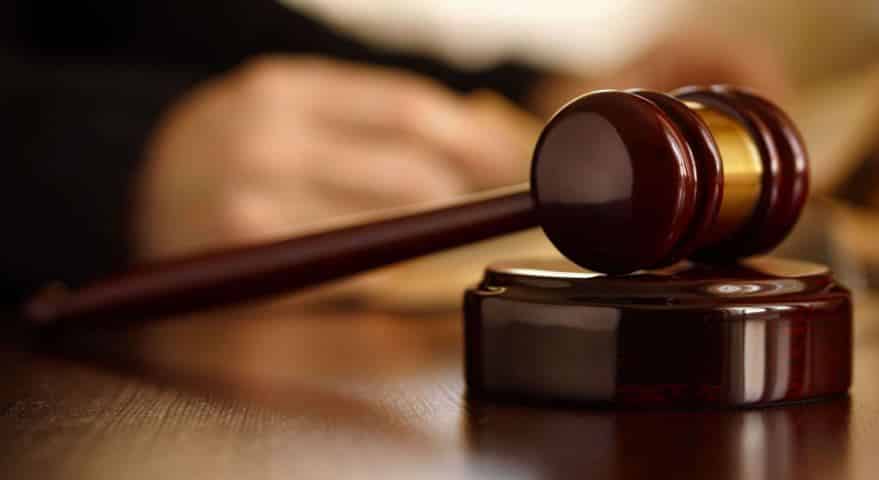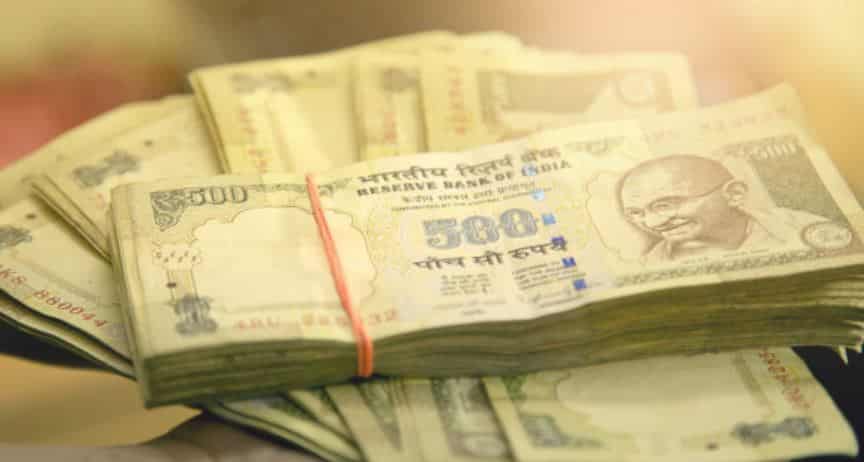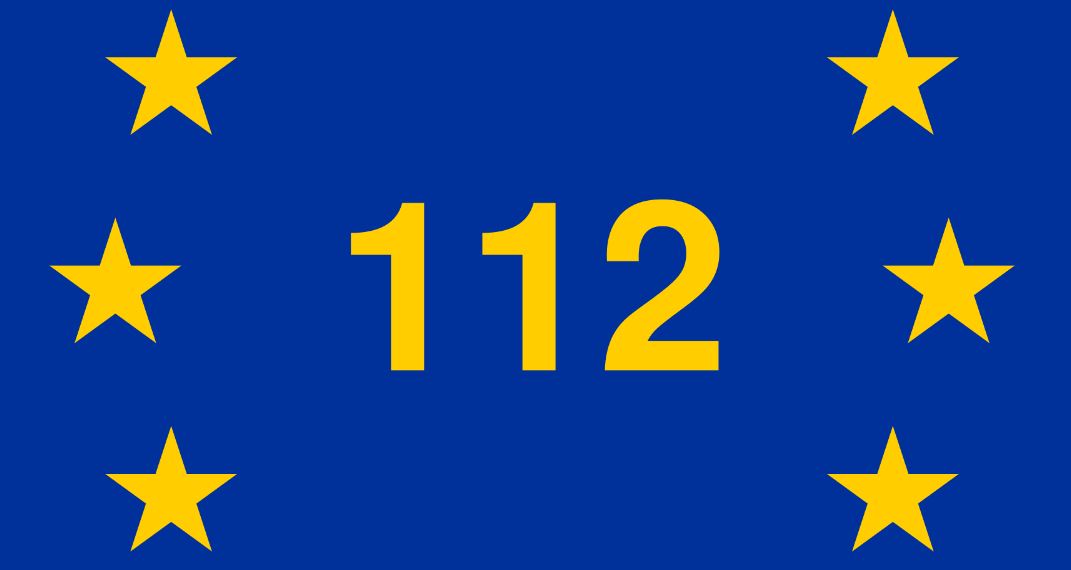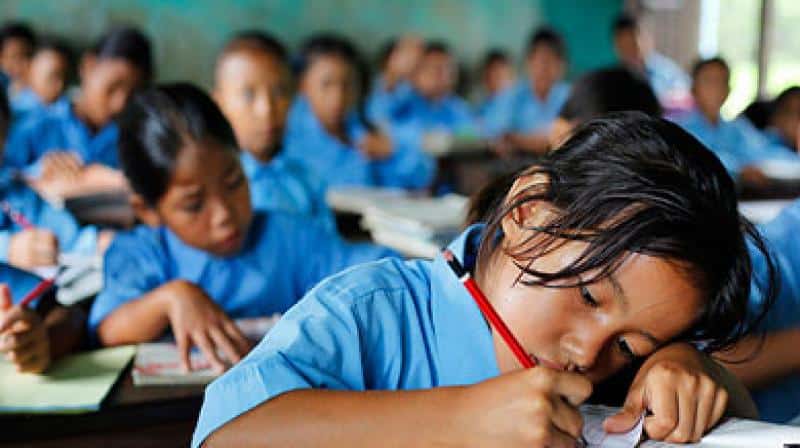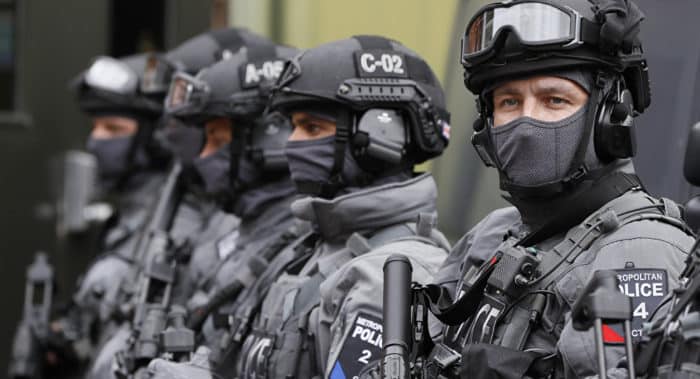Recently in News Because:
- Claiming they had misled Parliament on the Rafale fighter jet deal issue, a breach of privilege motion was moved against Prime Minister and Defence Minister.
- A claim of ‘breach of privilege’ was raised against chairman of the Parliamentary Standing Committee on finance, for “lowering the dignity and ethics of the Finance Committee” by tweeting about the committee’s deliberations
Concept of privileges and types of privileges
The concept of privileges emerged from the British House of Commons when a nascent British Parliament started to protect its sovereignty from excesses of the monarch.
The Constitution (under Art. 105 for Parliament, its members & committees /Art. 194 for State Legislature, its members & committees) confers certain privileges on legislative institutions and their members to:
- Protect freedom of speech and expression in the House and insulates them against litigation over matters that occur in these houses
- Protect against any libel through speeches, printing or publishing
- Ensure their functioning without undue influence, pressure or coercion
- Ensure sovereignty of Parliament
- Currently, there is no law that codifies all the privileges of the legislators in India. Privileges are based on five sources: i) Constitutional provisions ii) Various laws of parliament (iii) Rules of both the houses iv) Parliamentary conventions v) Judicial interpretations
- Whenever any of these rights and immunities is
- Exclude strangers from proceedings. Hold a secret sitting of the legislature
- Freedom of press to publish true reports of Parliamentary proceedings. But, this does not in case of secret sittings
- Only Parliament can make rules to regulate its own proceedings
- There is a bar on court from making inquiry into proceedings of the house (speeches, votes etc.) Individual
- No arrest during session and 40 days before and 40 days after the session. Protection available only in civil cases and not in criminal cases
- Not liable in court for any speech in parliament
- Exempted from jury service when the house is in session.
Committee on Privileges
- Standing committee constituted in each house of the Parliament/state legislature.
- Consists of 15 members in Lok Sabha (LS) and 10 members in Rajya Sabha (RS) to be nominated by the Speaker in LS and Chairman in RS.
- Its function is to investigate the cases of breach of privilege and recommend appropriate action
to the Speaker/Chairperson. disregarded, the offence is called a breach of privilege and is punishable under law of Parliament. However, there are no objective guidelines on what constitutes breach of privilege and what punishment it entails.
Following procedure is followed in privilege cases:
- A notice is moved in the form of a motion by any member of either house against those being held guilty of breach of privilege.
- The Speaker/ Rajya Sabha chairperson is the first level of scrutiny of a privilege motion. They can take a decision themselves or refer it to the privileges committee of parliament. Privilege committee in Parliament as well as in state legislatures decides upon such cases.
- An inquiry is conducted by the committee and based on findings a recommendation is made to the legislature.
- A debate can be initiated on the report in the House and based on the discussion, the Speaker can order the punishment as defined by the privileges committee.

